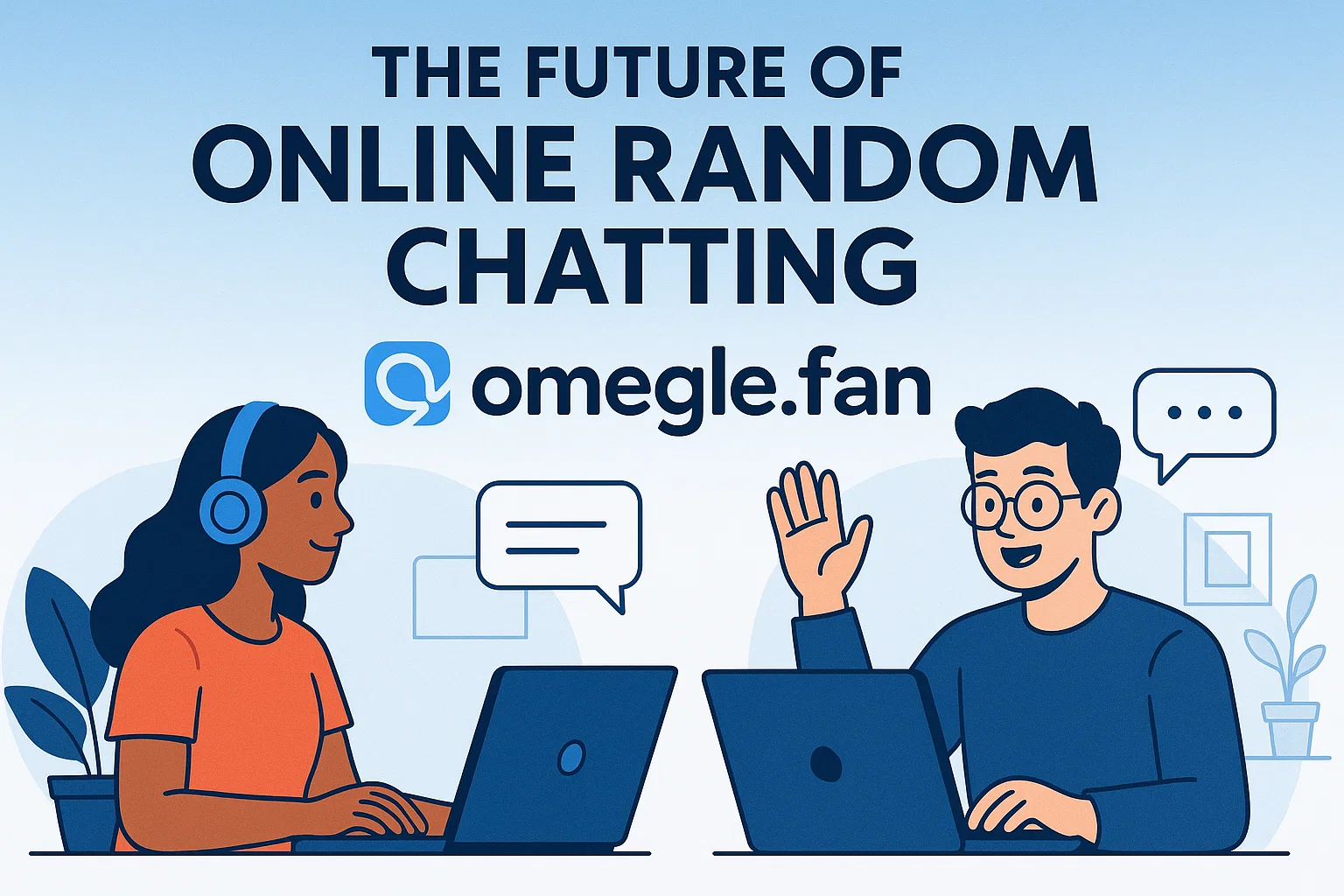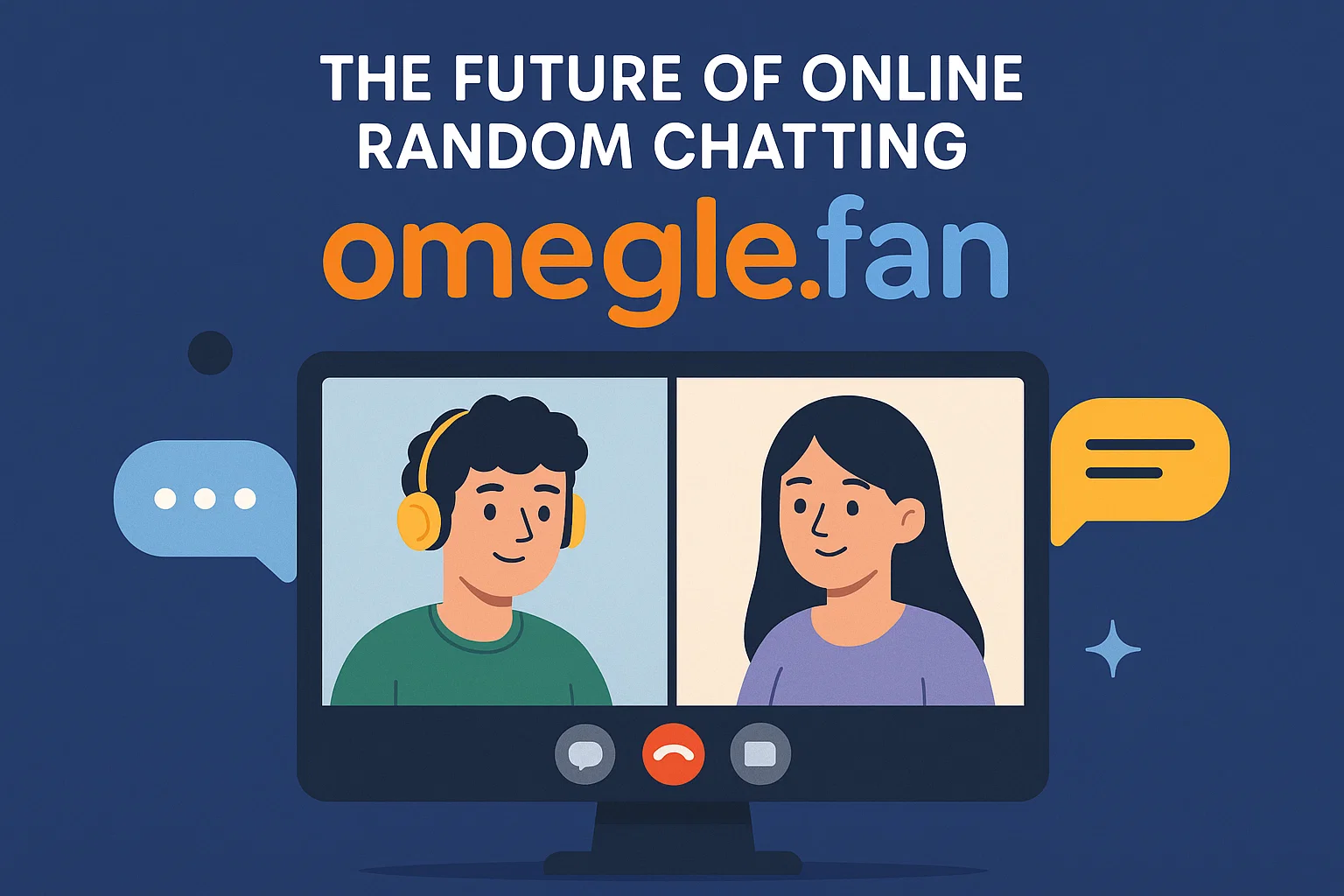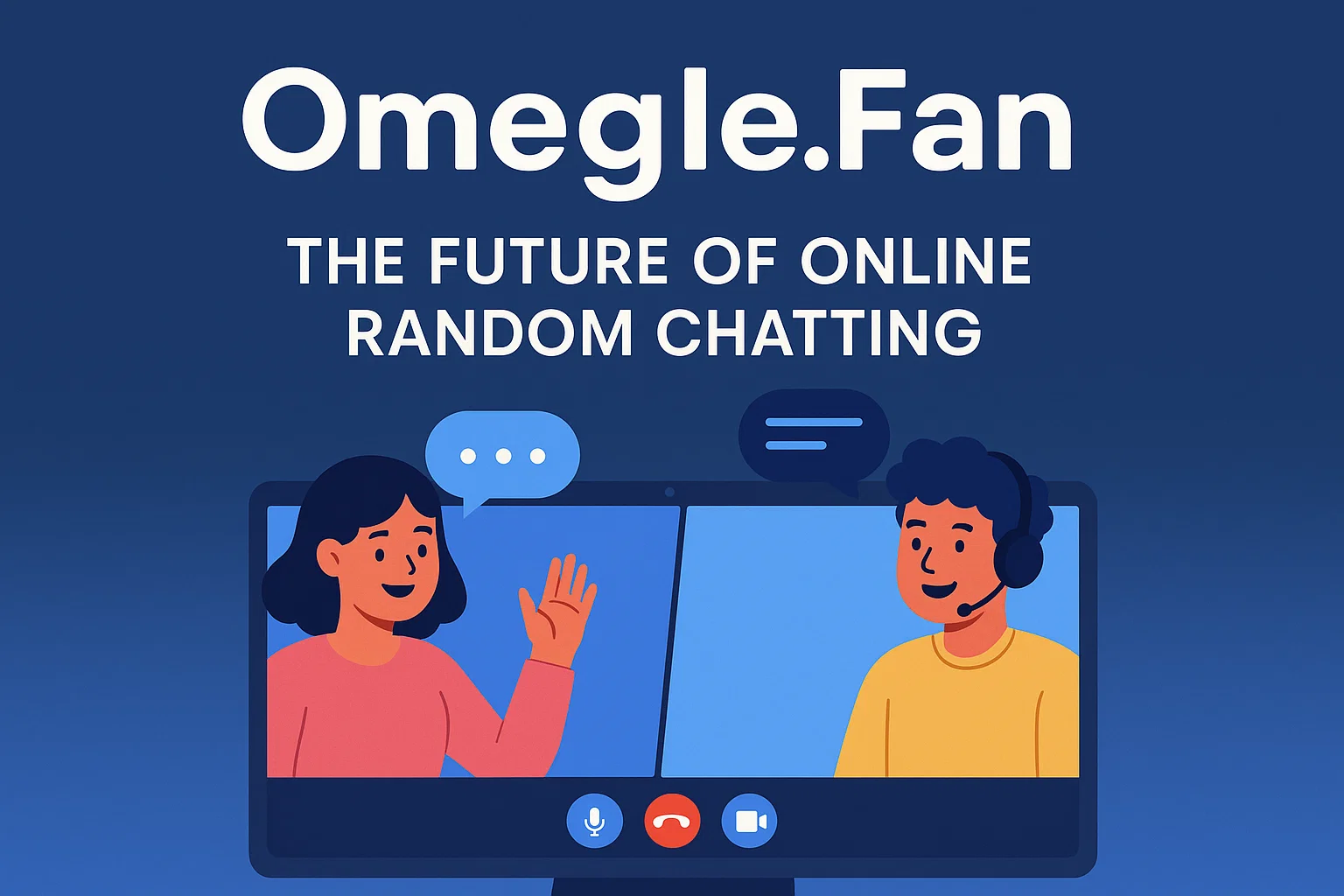The journey of online random chatting platforms dates back to the early days of the internet. Initially, these platforms were primarily text-based chat rooms where users could connect with strangers. The simplicity of these early systems attracted a niche audience but lacked the interactive depth that users often seek. As technology advanced, so did the capabilities of online chatting tools.
One of the pivotal moments in the history of online random chatting occurred with the advent of instant messaging services in the late 1990s and early 2000s. These platforms allowed for real-time conversation, paving the way for a more engaging user experience. The demand for anonymity and spontaneity in conversations led to the emergence of dedicated random chatting websites. Omegle, launched in 2009, exemplified this trend by offering users the ability to chat without the need for an account, fostering an environment of openness and unpredictability.
Further advancements in technology did not stop with text chat capability. With the integration of webcam functionalities, platforms began to offer a more immersive experience. Users could now engage in video chatting, which significantly enhanced the interpersonal interaction compared to traditional text-based formats. As social media platforms rose in prominence, they began to influence user behavior, prompting online random chatting services to adapt and incorporate features that allowed easier sharing of multimedia content.
Today, platforms like Omegle.fan represent the evolution of random chatting experiences, providing users with diverse options, including video chat, group chat, and even contextual filters to cater to specific interests. This evolution reflects broader social trends, as users actively seek forms of connection that feel personal and immediate. The integration of these features illustrates how online random chatting is continuously evolving to meet the changing desires and expectations of its user base.

The landscape of online random chatting, epitomized by platforms like Omegle, is currently witnessing several dynamic trends that significantly shape user experiences. One prominent trend is the increasing emphasis on anonymity. Many users are drawn to random chatting because it provides an opportunity to express themselves freely without the constraints of identity. This anonymity fosters a sense of safety, encouraging users to share thoughts and engage in discussions they might avoid in a more conventional setting. The allure of anonymity appeals to various demographics, allowing a diverse set of participants from different cultural backgrounds to converge in the digital space.
Another significant trend is the preference shift towards video chatting. Users are increasingly favoring platforms that offer video capabilities, as visual interaction can enhance the overall communication experience. Random chatting through video chat creates a more engaging environment, simulating real-life interactions. This shift not only elevates the emotional connection between users but also enhances the chances of forming meaningful discussions, as visual cues play an important role in human communication.
The incorporation of advanced technologies, particularly artificial intelligence and machine learning, is also transforming the random chatting experience. AI-driven algorithms are beginning to recognize user preferences and behaviors, allowing for personalized match-ups and tailored content. For instance, these systems can analyze previous conversations and interests to provide more relevant partners for chatting. This technological evolution has led to improvements in user satisfaction and retention rates, paving the way for a more enriched and intuitive experience on platforms like Omegle.
Lastly, the demographic shifts within the user base cannot be overlooked. Different age groups, ranging from teenagers to older adults, are influencing the themes and nature of conversations. Each demographic brings unique perspectives and topics to random chatting, creating a rich tapestry of dialogue that continually evolves. Such diversity not only enhances the conversations but also encourages cultural exchange among users from various backgrounds.

As the popularity of online random chatting platforms like Omegle continues to grow, several challenges and concerns arise that must be addressed to ensure a safe and enjoyable user experience. Privacy issues present one of the most significant hurdles for these platforms. Many users are unaware of how their personal information can be exposed or misused while engaging in random chats. Platforms must implement stringent privacy policies and security measures to protect user data from breaches and unauthorized access.
Cybersecurity threats pose another major concern. Online random chatting sites are often targeted by malicious actors who exploit vulnerabilities to compromise user accounts or spread malware. To counteract these threats, developers must invest in robust security protocols, regularly update their systems, and educate users about potential risks. This includes informing them about safe online practices, such as avoiding the sharing of personal information during interactions.
Harassment remains a significant issue in the realm of online communication. Random chatting platforms frequently deal with instances of inappropriate behavior, including bullying and explicit content. To combat this problem, it is crucial for platforms like Omegle.fan to develop effective moderation tools that can swiftly detect and address harmful behavior while also enforcing policies that discourage such conduct. Implementing reporting mechanisms can empower users to flag inappropriate content, fostering a more respectful chatting environment.
Furthermore, the evolving regulatory landscape poses additional challenges as governments around the world consider legislation that impacts online communication. Striking a balance between free expression and user safety is paramount for platforms specializing in random chatting. Compliance with regulations while maintaining an open forum for users necessitates ongoing dialogue between platform developers, policymakers, and stakeholders. As the future unfolds, attention to these challenges will determine the viability and success of platforms dedicated to random chatting.

The realm of online random chatting is on the cusp of significant transformation, driven by continuous technological advancements and evolving user expectations. Platforms like Omegle and its various alternatives have set the groundwork, yet the future promises even more innovative features and interactions. One of the most anticipated developments is the integration of virtual reality (VR) into random chatting experiences. This advancement could allow users to engage in immersive conversations, creating an environment that simulates real-life interactions. Envisioning a space where avatars can interact in a 3D setting would vastly enhance user engagement and connectivity.
Another crucial aspect of the future of online random chatting is the refinement of algorithms designed to match users. Enhanced algorithms that take into account user preferences, interests, and conversation styles could lead to more meaningful and relevant exchanges. Such improvements could address common concerns surrounding anonymity and safety by providing users with targeted matches based on compatibility. By creating an optimized experience, platforms like Omegle.fan could foster a community that values genuine connections rather than mere chance encounters.
User expectations are also likely to shift as individuals seek increasingly customized experiences in online interactions. Future platforms may need to prioritize features that ensure safety, privacy, and quality of content shared during chats. This shift could necessitate the incorporation of advanced moderation tools that not only protect users from inappropriate content but also enhance the overall user experience. As online random chatting continues to evolve, the focus will shift towards creating communities where users feel secure and comfortable while engaging with others worldwide.
In conclusion, the future of online random chatting holds immense potential. As technology progresses and user demands evolve, platforms like Omegle.fan can be expected to adapt, offering innovative features such as virtual reality interactions and superior matching algorithms. This future outlook offers a promising vision for the next generation of online communication, making random chatting a more engaging and fulfilling experience.